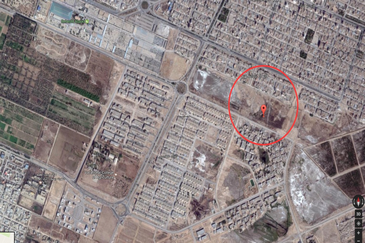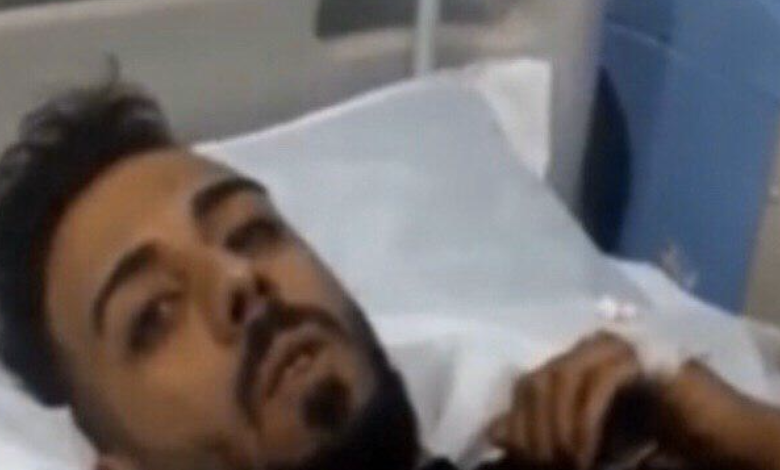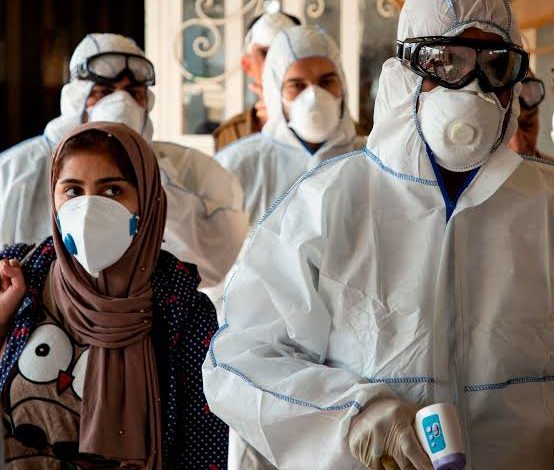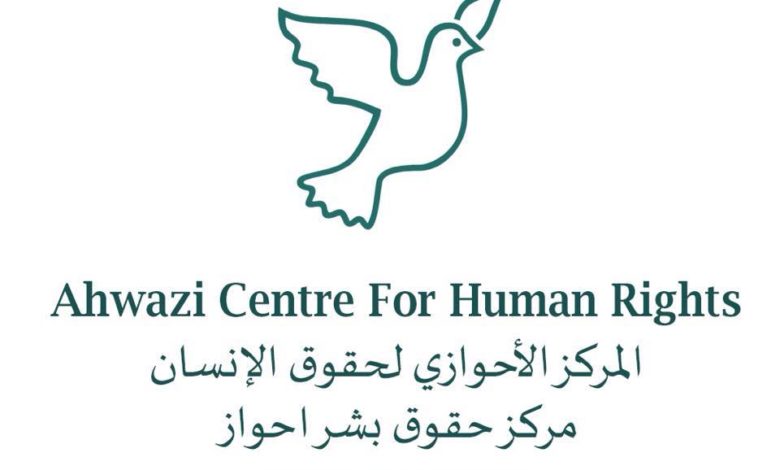Mass grave found in Ahwaz city, believed to hold victims of regime’s 1980 mass executions

Dozens of bodies were reportedly uncovered in a mass grave discovered by municipal workers in the city of Ahwaz before Iranian regime security forces rushed to the scene and demanded that the workers reinter the bodies and not report the discovery.
Iranian regime orders workers to reinter bodies, remain silent on tragic discovery
The bodies were found while the construction workers were using excavation equipment in an area of the regional capital to widen the road there.
The mass grave is believed to contain the bodies of some of the hundreds of Ahwazi dissidents and human rights activists who disappeared in the 1980s when the regime carried out a massive campaign of mass killings in an effort to terrorise the persecuted Ahwazi minority into silence. According to eyewitnesses, the bodies were subsequently covered in a layer of concrete, making it difficult to identify the already largely skeletal remains.
The witnesses reported that the regime security personnel appeared at the scene rapidly following the horrific discovery, demanding that the graves be filled in and ordering the municipal workers not to discuss what they had found. The regime refuses to bury the bodies of dissidents in normal graveyards and typically refuses to allow their families to organise commemorative events to mourn their loved ones. The latest discovery has promoted further anguish amongst many families in the region who had for decades clung onto the slender hope of the eventual return of loved ones who disappeared during the regime’s mass arrests and killings in the 1980s, with many now fearing that their children are among those whose remains are in the mass grave.
Throughout the 1980s the regime, which came to power in 1979, pursued a policy of crushing all dissent via arbitrary arrests, torture and mass executions on a massive scale. Protests in 1980 to demand freedom and human rights by Ahwazi Arabs in the town of Mohammarah and Iranian Kurds in the Kurdish areas in northern Iran – both groups who were also persecuted under the Shah’s regime – were savagely crushed, with hundreds of peaceful demonstrators arrested, imprisoned or killed by the regime’s ‘Islamic Revolutionary Guards Corps’ (IRGC)
Although the regime’s notorious mass executions of thousands of dissidents during this period, particularly its targeting of members of the Mujahidin-e Khalq opposition group, on charges such as “enmity to God”, is relatively well known, there is less awareness of its targeting of the country’s minority groups, who make up over half of Iran’s population, during the same reign of terror. In the Arab region of Ahwaz during the 1980s, for instance, hundreds of Ahwazi activists and human rights campaigners were imprisoned or simply disappeared, with many being among those killed in the regime’s mass executions during the period, either following farcical kangaroo trials whose verdict was predetermined on fabricated charges such as ‘enmity to God’, membership of the MEK, or spying for the Iraqi regime, or with no trial at all. Often gruesome public “street trials” took place, with the victims hanged from lampposts by the regime’s hooded Stormtroopers. In all these cases, the victims’ families were refused even the opportunity to bury or mourn their loved ones, with the regime refusing to release the bodies to them; instead in a grotesque final insult to both the victims and their families, the bodies were buried in unmarked graves in a graveyard called the ‘Laanat-Abad’ (‘Graves of the Damned’) in the city of Ahwaz, with their families to this day prevented from visiting or going anywhere near their loved ones’ final resting place, as well as being banned from holding the traditional mourning events.
While such mass killings are now less common in Iran, the theocratic regime’s policy of murderous oppression has not changed; at least 33 Ahwazi political prisoners have been summarily executed by the regime since 2005, with the regime refusing to return their bodies to their families for burial. Thousands more Ahwazis and others have been imprisoned , tortured,and murdered in this way for the ‘crime’ of supporting freedom and human rights.
C: R.H
S: aLiBz




